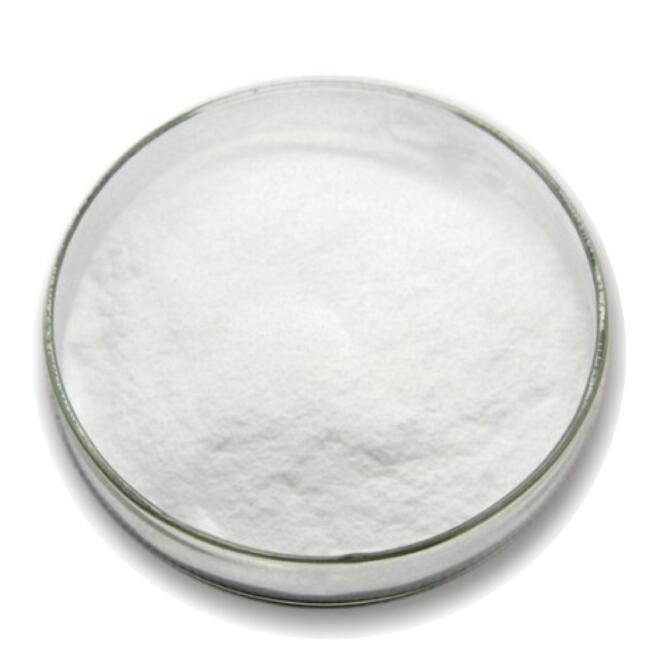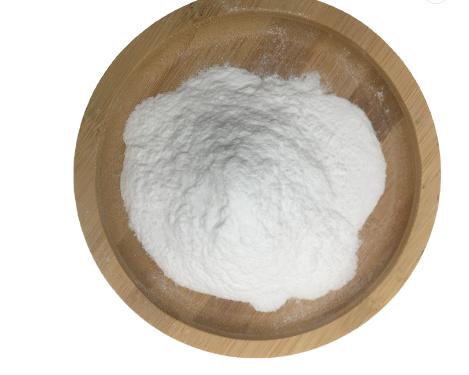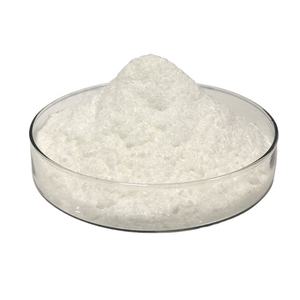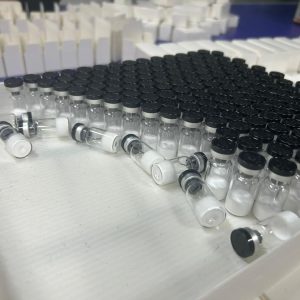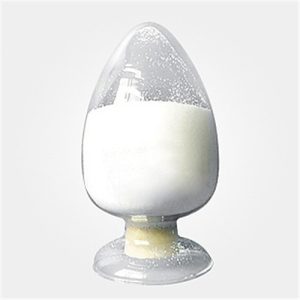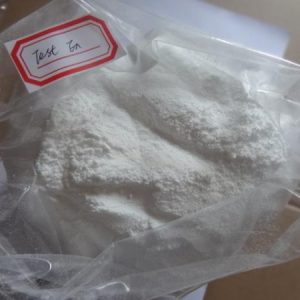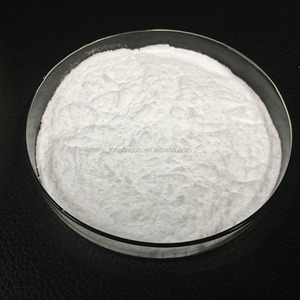Indications for Telmisartan
Telmisartan is mainly used to treat essential hypertension in adults, especially those aged 55 years and above who are at high risk for serious cardiovascular events and cannot receive angiotensin-converting enzyme (ACE) inhibitors. It can reduce the risk of myocardial infarction, stroke, or death from cardiovascular disease. It is suitable for high-risk type 2 diabetes patients with coronary artery disease, peripheral artery disease, stroke, transient ischemic attack, or evidence of end-organ damage.
Telmisartan dosage
1. It should be administered orally on an individualized basis. The usual initial dose is 40 mg once per mouth.
2. In the dose range of 20-80 mg, the antihypertensive efficacy of Telmisartan is dose-dependent, i.e., if the desired blood pressure is not achieved, the dose may be increased, up to a maximum dose of 80 mg once daily. since It does not reach its maximum efficacy until 4-8 weeks after the beginning of the treatment course, care should be taken to make any adjustments to the dosage after this period of time.
Telmisartan drug interactions and side effects
It is mainly excreted through bile. Patients with biliary obstructive disease or liver dysfunction have a relatively low clearance rate of the drug and may experience cholestasis. Therefore, these patients should use telmisartan with caution. If necessary, they can start with a small dose and slowly adjust the therapeutic dose to reduce the chance of adverse reactions. In addition, serum lithium levels and blood potassium levels should be monitored when telmisartan is used in combination with certain drugs, because these drugs may affect the renin-angiotensin system and cause adverse reactions.
Telmisartan powder Chemical Properties
Melting point 261-263°C
Boiling point 771.9±70.0 °C(Predicted)
density 1.16
RTECS DV2037500
storage temp. 2-8°C
solubility DMSO: >5 mg/mL at 60 °C
form solid
pka 3.86±0.36(Predicted)
color white
Water Solubility insoluble
Merck 14,9129
BCS Class 2
Stability: Hygroscopic
InChIKey RMMXLENWKUUMAY-UHFFFAOYSA-N
SMILES C1(C2=CC=C(CN3C(CCC)=NC4=C(C)C=C(C5N(C)C6=CC=CC=C6N=5)C=C43)C=C2)=CC=CC=C1C(O)=O
CAS DataBase Reference 144701-48-4(CAS DataBase Reference)
More Introduction:https://en.wikipedia.org/wiki/Telmisartan
